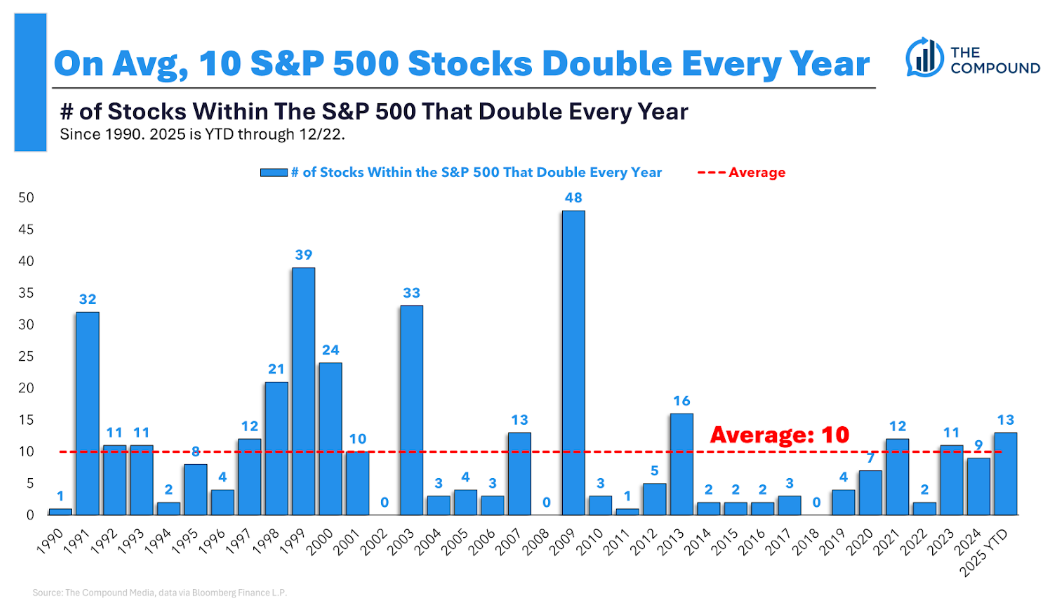Holiday shopping season is here again – and eCommerce looks to be bigger than ever. But retailers looking forward to perhaps record online sales have to remember how to comply with widely divergent sales tax regulations.
Online sales this season are not expected to increase as much as in previous years, but a healthy increase is anticipated (overall retail sales are expected to grow just 7% compared to 15.4% last year). Still, nearly half of consumers recently surveyed plan to participate in Black Friday (45%) and just over a third (37%) plan to shop on Cyber Monday. Overall eCommerce sales will still hit nearly $1.30 trillion in the U.S. this holiday season, compared with $1.21 trillion last year.
With this continued expansion of online sales, keep an eye on a few details related to your sale tax compliance:
Nexus. This is the connection between your online business and a tax jurisdiction.
It used to be that you could create nexus only through a physical presence - an office or stored inventory in a state, among other methods. All states with statewide sales tax have set economic nexus thresholds in recent years, although Missouri’s will not go into effect until January 2023.
Marketplace facilitators. Some states’ fix revenue thresholds by the amount of taxable sales over a 12-month period rather than the amount of gross sales into the state. Selling through marketplace facilitators (Amazon, for instance) will contribute to the economic nexus thresholds in states that consider the total gross sales. Additionally, a marketplace facilitator could potentially store consigned inventory in their warehouses and thus create a physical presence for your business.
Considering the role of a marketplace facilitator in your business can lead you to the requirement to collect sales tax via your own website – even if the sales via your own website are under the economic nexus thresholds.
Watch changing regulations. Sales tax rules change all the time. Pennsylvania recently determined that inventory in an Amazon warehouse in the state does not create a physical nexus. Other states have yet to comment on this new issue, but expect other states to follow suite. Colorado has just begun imposing a 27-cent fee on every retail delivery made by motor vehicle to a destination within the state.
Maryland just had its ballyhooed digital advertising tax blocked. These are just a few examples, but you get the idea.
(You can follow the latest sales tax developments monthly in the TaxConnex blog.)
Attend to these and other details of your sales tax compliance so you can enjoy the fruits of the holiday shopping season!
Sales tax compliance can seem overwhelming, but it doesn’t have to be. Feel free to contact us for all your sales tax compliance needs – and check out our eBook The Guide to Getting Sales Tax Right.
Original Article





